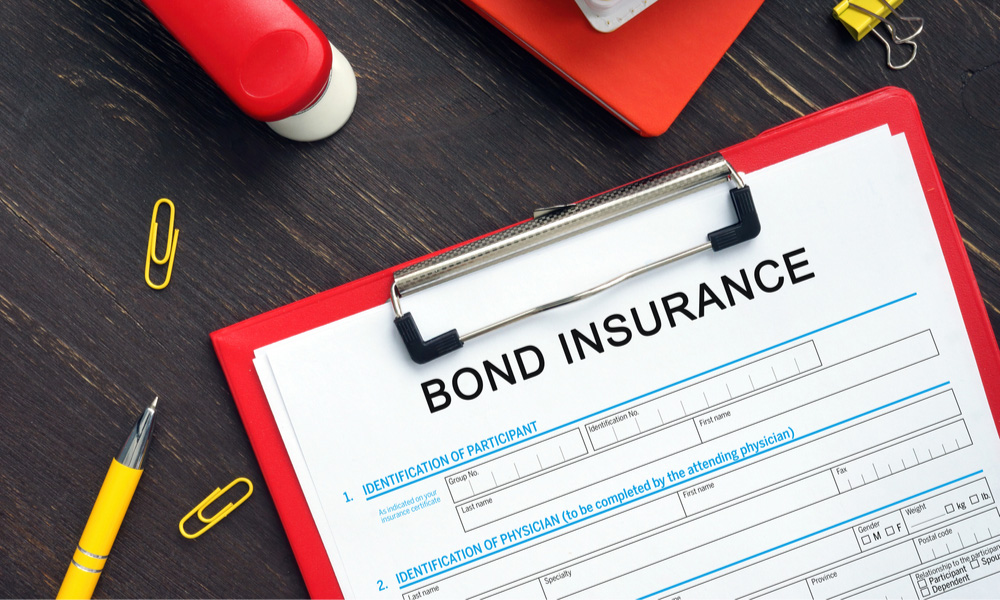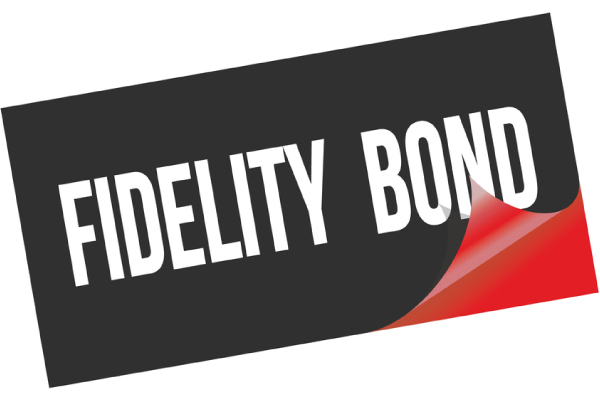Bond insurance is the type of insurance where a person increases their credit rating by adhering to some rules and regulations. If someone’s credit rating is low, lenders find loaning money to them a risky business. So people with lower credit ratings take bond insurance.
If the person who bought the bond fails to follow the timeline and does anything outside the law, then they have to pay a certain amount of money as a penalty.
There are mainly two types of bond insurance out there, the surety bond and the personal bond. The surety bond is issued to a principal, ensuring they will pay the amount in time, and if they don’t, the surety company will indemnify the obligee. On the other hand, a personal bond is issued to a person, making sure they don’t break the rules of a particular bond.
Let’s take a deeper look at various bond types and how they work.



